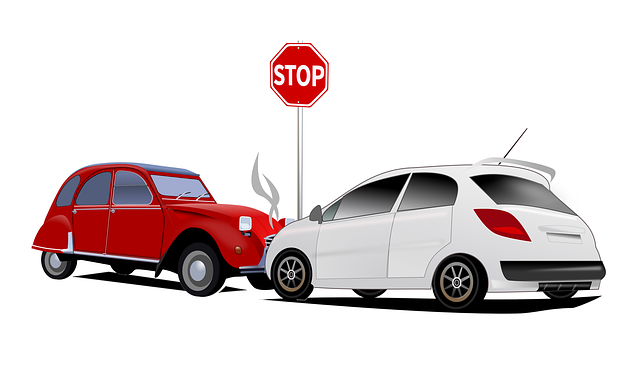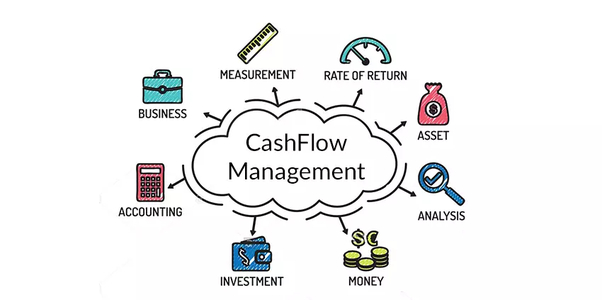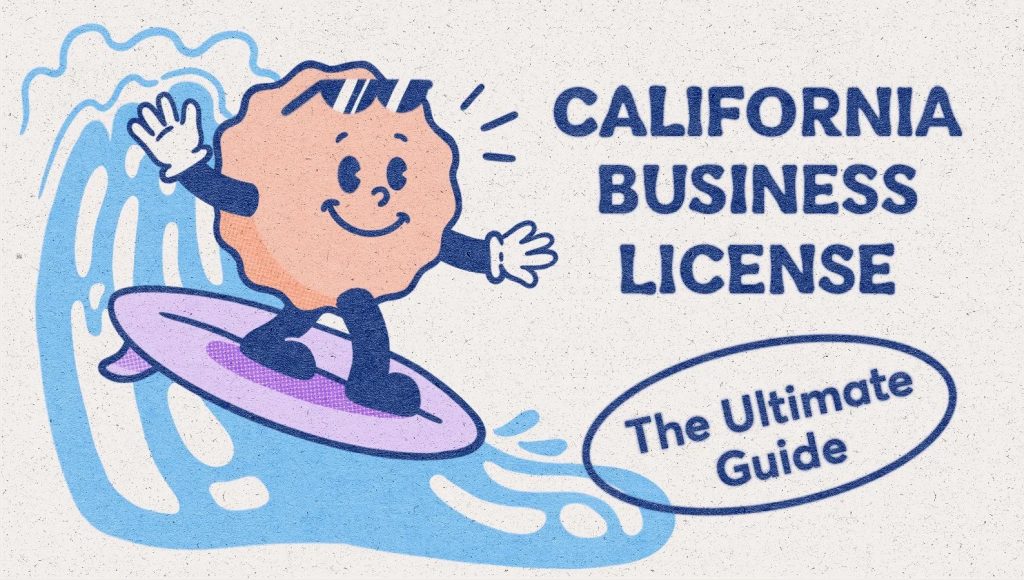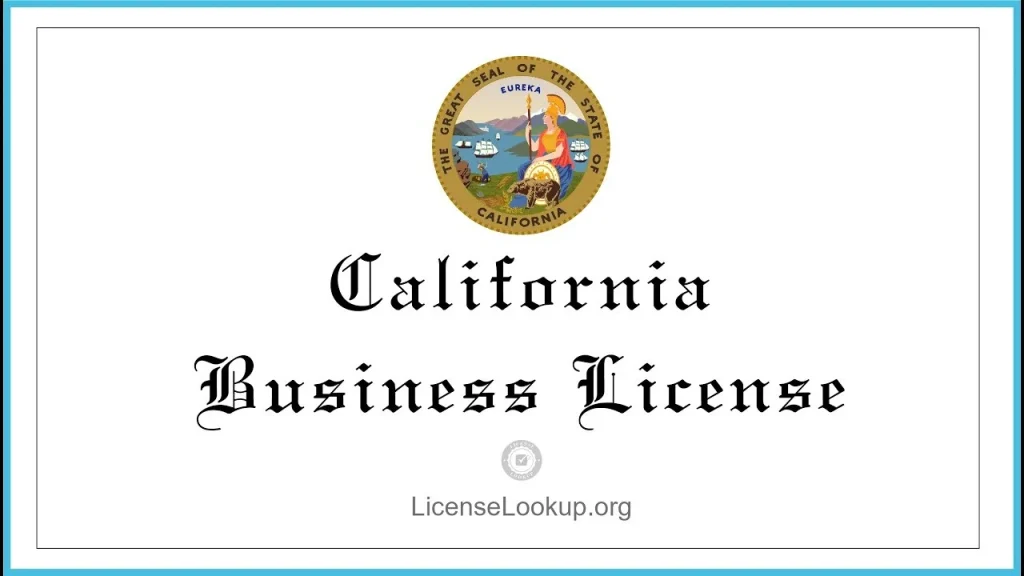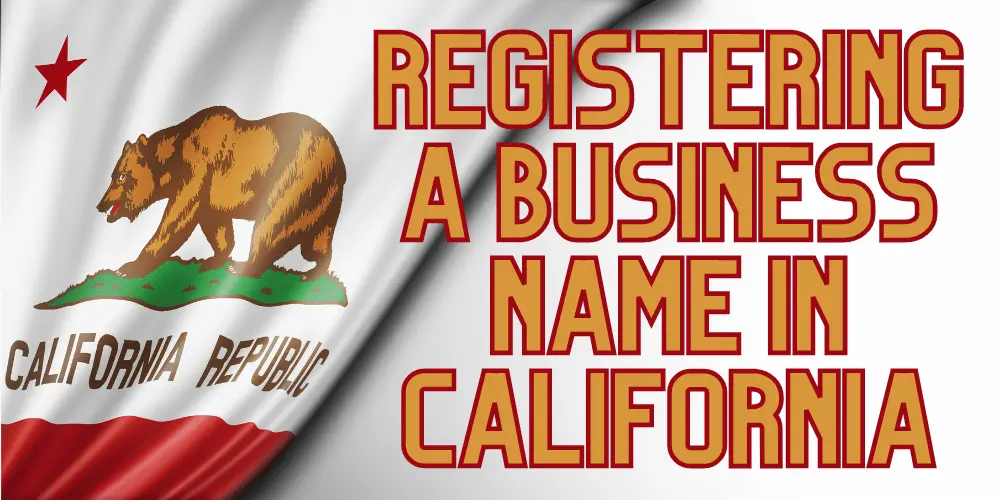Hey there! A question arises can I Insure a car that’s not in my name? Figuring out car insurance can be important, especially if you’re driving in a vehicle not registered in your name. Whether it’s borrowing your cousin’s SUV for a road trip, using the company car for errands, or managing a leased vehicle, you might wonder: “Can I get insurance on a car that’s not mine?” Well, let’s dive into this and clear up the confusion with some friendly advice!
Let’s Break Down the Basics of Car Insurance
So, car insurance usually ties into the car itself and the person who’s officially got it registered under their name. But what if you need to insure a car not under your name? Well, here’s the scoop: insurance companies will ask for something called “insurable interest” from whoever holds the policy. This just means if something bad happened to the car, it would hit your pocket pretty hard.
Understanding Insurable Interest in Car Insurance
Insurable interest is really important for insurance because it shows you’ve got a good reason to look after the car. For example, say you often drive your cousin’s car; you’d likely have an insurable interest cause you rely on it to get around every day. Or, if you’re driving a leased or financed car, although it’s not yours on paper (since it’s owned by the leasing company or lender), your need to keep it in tip-top shape & running smoothly shows you have a vested interest.
Proving Insurable Interest in a Car that isn’t in your name
Now, proving you’ve got an insurable all-important insurable interest can be kinda tricky sometimes—especially if this vehicle doesn’t directly connect to your money matters. Insurance folks take a hard look at these cases. They want to avoid any funny business and make sure everyone gets insurance for the right reasons. So, if you’re looking to insure a car that isn’t your name, being clear about why you need that protection is key. You might need to show some documents or explain how a loss would financially sting.
Solid Proof
Just remember, solid proof of how losing that car would impact your wallet could smooth things over when talking with your insurance provider! Keep it friendly and transparent; that’s the way forward!
Can You Insure a Car You Don’t Own?
The simple answer? Yes! But it comes with certain conditions worth knowing about. Let’s look at some common scenarios where you might need to insure a car that isn’t yours:
Borrowing From Friends or Family
When borrowing a vehicle from someone close to you, the easiest way might be to have them add you as a driver on their existing insurance policy. This setup helps cover you without much hassle. However, if it looks like you’ll be the main one driving, they might have to list YOU as the primary driver—which could affect their premium costs.
Driving for Work
If your job gives you a company car, it’s likely covered by their commercial auto insurance plan. But keep in mind—if you use that company car frequently for personal trips, consider grabbing some non-owner car insurance for extra security against any mishaps.
Leased Vehicles
Driving a leased car? The company leasing it to you will usually require full insurance coverage on the vehicle (that includes comprehensive and collision). You’ll need to make sure they’re listed on your policy too since technically they still own it.
What About Non-Owner Car Insurance?
Non-owner car insurance is perfect if you find yourself frequently behind wheels that aren’t yours. It sorts out liability coverage for damages or injuries you could cause other people while driving. However, don’t count on it to cover damages to your borrowed ride or handle theft cases.
Perks of Non-Owner Insurance
- Liability Protection: Covers costs if an accident is your fault.
- SR-22 or FR-44 Support: Useful if legal paperwork is necessary.
- Great Flexibility: Ideal when renting or borrowing cars often.
Adding Yourself to an Existing Policy
If both of you live together, getting added to their policy is typically straightforward. Many insurers are open to including household members as drivers—this way everyone and everything stays protected under one roof.
Steps for Getting Added
- Call Their Insurer: Start by having the current policy owner reach out.
- Provide Your Details: Be ready with your driving license and any relevant history.
- Adjustable Premiums: Understand that prices may shift depending on your driving record.
Special Instances
Sometimes special situations pop up where standard procedures won’t do:
Inheriting Vehicles
Inherited a family member’s old ride? You might initially insure it using their existing policy until titling issues are sorted out—just inform their insurer about the situation promptly.
Classic Collectors
Do you have an eye on insuring classic cars under specialized policies? They can accommodate situations where ownership may vary but still ensure proper coverage based on agreed value terms rather than just market value.
Tackling Potential Problems
Even though ensuring another person’s car is usually doable—watch out:
- Insurable Concerns: Some insurers may hesitate if they feel there’s no loss risk involved for you.
- Higher Payments: Risk perceptions can lead to pricier premiums.
- Coverage Denials: Occasionally an insurer might just say no unless there’s evident proof of personal ties with the vehicle.
Example Time: John Ensures Sarah’s Car
Imagine John often borrows his friend Sarah’s sedan while he is being fixed. Here are some ways he could navigate coverage:
Option 1: Added as Driver
Sarah talks with her insurer about adding John onto her policy temporarily—an easy fix!
Option 2: Non-owner Coverage
John opts for non-owner insurance which keeps him safe against liability but doesn’t cover damage to Sarah’s sedan.
Option 3: Looking for Independent Policies
John tries finding his deal though finding accommodating insurers can be tough & possibly pricey!
When Cars Mix Business With Personal Use
Running errands with vehicles still owned by someone else can require specific coverages like:
- Commercial Insurance: Needed when vehicles are used primarily for business tasks.
Non-owned Vehicle Coverage: Essential when employees use personal cars for work-related duties.
Frequently Asked Questions
Can you insure a car in someone else’s name?
It just hinges on what your insurance company’s rules are. Sometimes, you might have to add your name to the car’s title. Or, you could go for something like non-owner liability insurance. That kind of policy covers you when you’re driving a car that isn’t yours.
Does a car have to be in the name of the insurer?
Well, not always. In lots of places, it’s cool legally if the vehicle’s registration and insurance proof are under different names. But, some insurers might be a bit strict and insist the names do match.
Can I insure a car that is not in my name Progressive?
In many states, yep, it’s possible. The key thing is that the vehicle should be parked at your home most nights. That’s one of Progressive’s rules.
Can I insure my girlfriend’s car?
Sure thing! Many insurance companies let unmarried couples either share one policy or have their own but still list each other as drivers. Both options have their ups & downs. Best bet? Chat with your insurer to figure out which one works best for both of you.
Can I insure my car under my parents’ name?
If the car belongs to you or your spouse, then yes. You can choose to be on your policy or hop onto your parents’. Just remember – if all of you live at the same address, everyone should be listed on the policy. Married and not living with Mom and Dad anymore? Looks like you’ll need to get your policy then.
Remember, each option has its little quirks so always give a quick call or visit to your insurance provider just to make sure everything’s clear & sorted!

